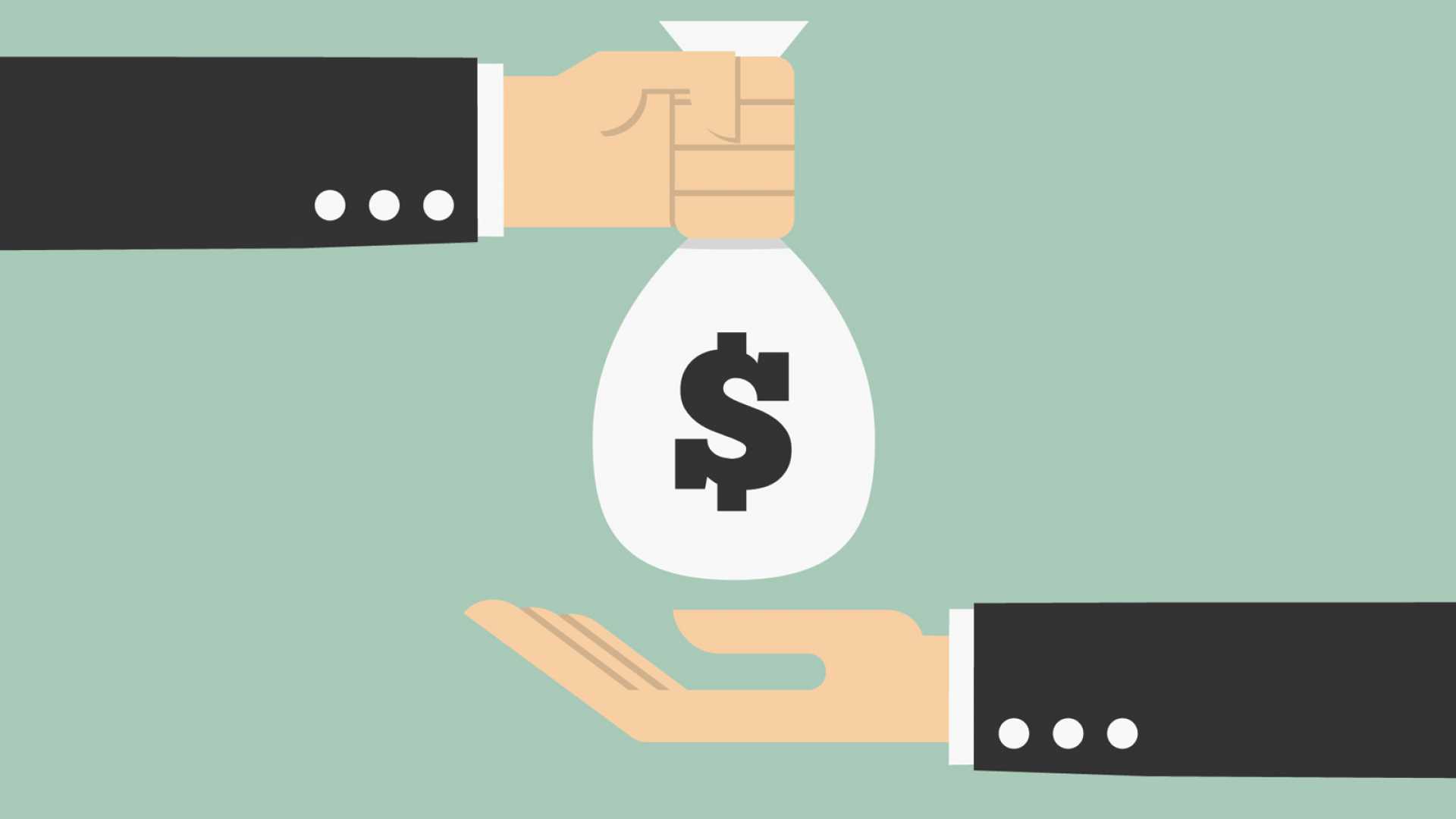The Ultimate Guide to Comprehending Pre Approval Student Loans
The Ultimate Guide to Comprehending Pre Approval Student Loans
Blog Article
The Role of Credit Scores in Securing Small Company Loans for Entrepreneurs
In the competitive landscape of entrepreneurship, protecting a tiny service lending usually pivots on the pivotal factor of credit history scores. A greater debt score can open up doors to positive lending conditions, while a reduced rating might present considerable obstacles.
Recognizing Credit Rating
Credit history are crucial numerical representations of a person's creditworthiness, acting as an essential consider monetary decision-making for lending institutions. These ratings are obtained from a comprehensive analysis of a person's credit report, encompassing facets such as repayment history, credit score usage, length of credit report, brand-new charge account, and kinds of credit history utilized. Normally varying from 300 to 850, greater ratings represent lower threat to loan providers, while lower ratings show higher danger.
The computation of credit score ratings is executed by debt bureaus making use of proprietary formulas, with one of the most extensively acknowledged designs being FICO and VantageScore. Each design might evaluate aspects somewhat differently, but they all aim to provide a regular step of credit scores danger. A strong credit report mirrors the individual's integrity in taking care of debt, making prompt settlements, and preserving a healthy equilibrium in between credit report made use of and readily available credit report.
It is very important for individuals and company owner to recognize their credit report ratings, as these numbers can have far-reaching implications past individual finance. Routinely monitoring one's credit score record, fixing mistakes, and taking on audio monetary behaviors can significantly improve credit rating, thereby improving the person's general monetary profile and credit reliability.
Value for Loan Approval
Understanding one's credit scores rating is fundamental, as it plays a considerable duty in the procedure of funding approval for little companies. Lenders use credit report ratings as a key metric to assess the credit reliability of candidates.
In contrast, a low credit history might signal possible danger, leading lending institutions to either turn down the car loan application or enforce more stringent problems. This makes it necessary for business owners to be familiar with their debt standing, as it straight affects their capacity to gain access to resources. Furthermore, credit history work as a standardized measure that makes it possible for lending institutions to simplify their decision-making procedure, ensuring efficiency and uniformity. As small companies frequently need timely access to funds for growth and sustainability, keeping a robust credit history comes to be necessary. Hence, understanding and handling one's credit rating is an essential element of preparing for lending applications and achieving organization success.
Elements Impacting Scores
Numerous factors add to the determination of a credit report rating, each playing a crucial role in shaping an individual's credit report profile. A high ratio of made use of credit history to readily available credit history can suggest financial overextension, adversely affecting credit reliability.
Length of credit report also aspects right into credit history calculations, with a longer credit rating typically seen a lot more favorably. This statistics provides insight right into the person's long-lasting economic behavior, supplying lenders a more comprehensive viewpoint on their credit report administration abilities. Furthermore, the types of credit history in operation are considered, as a mix of credit report accounts, such as revolving bank card and installment loans, can demonstrate the ability to take care of various economic commitments.
Lastly, recent credit scores questions may affect ratings (pre approval student loans). Frequent applications for new credit can indicate economic distress, hence adversely affecting the rating. Each of these elements is important in the extensive evaluation of a credit rating, affecting a business owner's ability to protect a bank loan
Improving Your Credit History Rating
Enhancing one's credit history score is similar to supporting a garden; mindful focus to vital areas can generate considerable renovations. To begin, guaranteeing timely repayments on all charge account is vital. Settlement history constitutes a significant portion of a credit rating; therefore, establishing automated settlements or tips can assist keep consistency. Additionally, minimizing financial debt levels is essential. High credit history usage proportions, or the amount of debt made use of family member to the credit line, can negatively affect ratings. Purpose to keep use listed below 30% of total readily available credit history.

Last but not least, keeping older charge account can favorably influence the ordinary age of debt, which is one more consider scoring versions. While brand-new credit rating queries should be decreased to stay clear of short-term score dips, liable credit report administration gradually will normally lead to score improvement, thus enhancing qualification for favorable tiny organization funding terms.
Alternative Funding Options
Business owners with less-than-ideal credit rating ratings might find these choices not just extra available but likewise tailored to their special business requirements. These platforms usually provide faster approval procedures and even more versatile terms than conventional banks, frequently considering aspects beyond debt scores, such as business efficiency and cash money circulation.
Additionally, microloans, frequently provided by not-for-profit companies, cater to little organizations and startups. They use smaller car loan amounts with lower passion rates, making them optimal for business owners that call for limited resources.
Invoice financing and merchant cash developments are additionally worth taking into consideration. The former check my source includes marketing impressive invoices to a lending institution at a price cut, while the last gives a bear down future sales. Both alternatives can boost capital without the stringent credit rating requirements of conventional lendings.
Conclusion

These ratings are obtained from a thorough analysis of a person's debt click here to find out more background, including elements such as repayment history, credit report application, length of debt background, brand-new debt accounts, and kinds of credit score made use of (pre approval student loans). A solid credit history score shows the individual's integrity in managing debt, making prompt payments, and keeping a healthy balance between credit score utilized and available credit score

Report this page